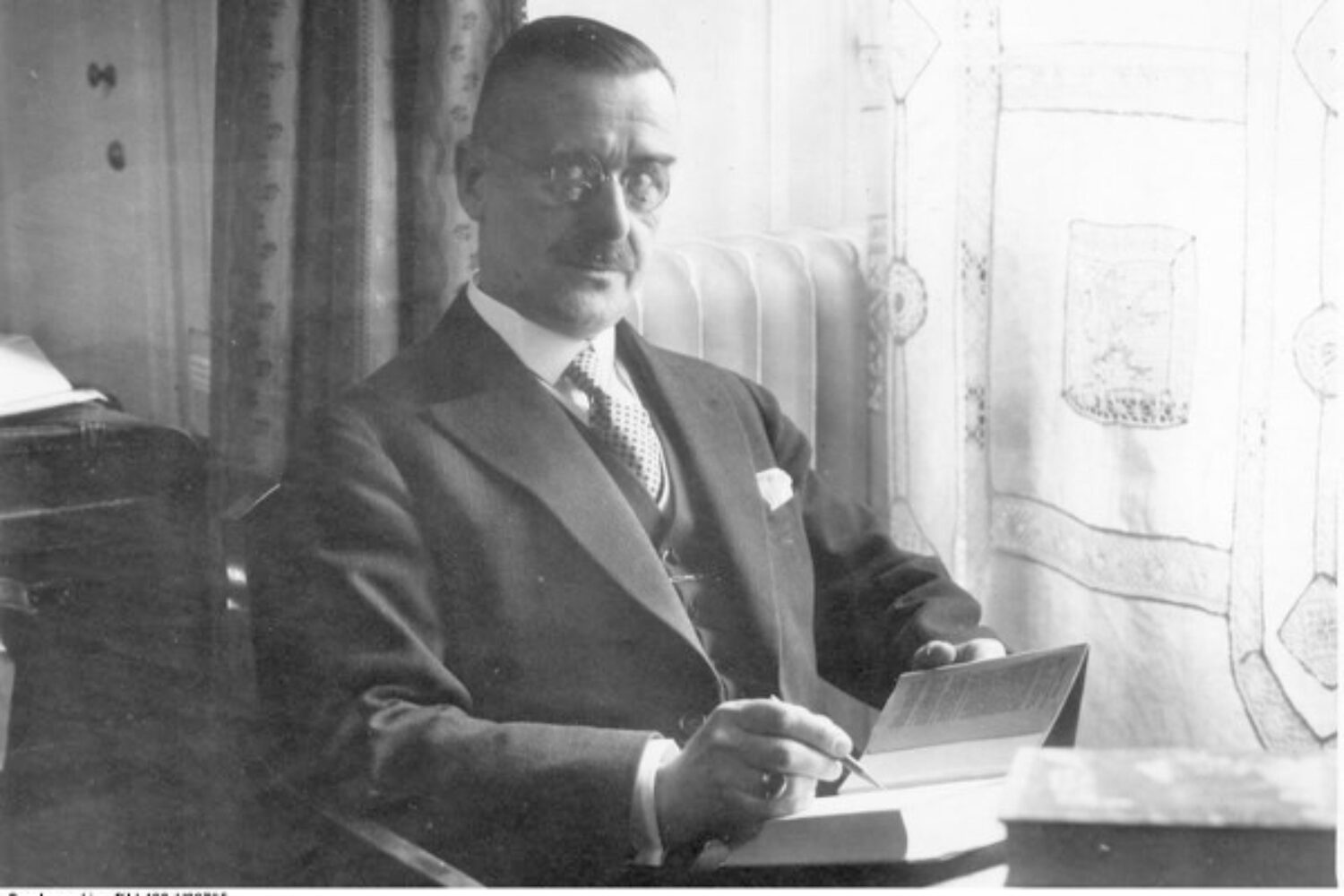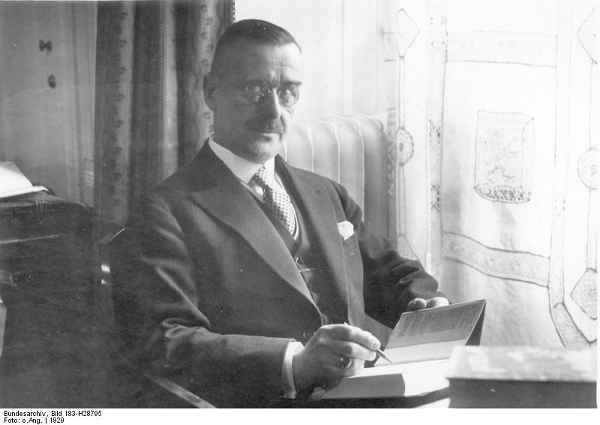Think about the last book you read. Think about how you inhaled those pages. At some point, did it happen to you that your thoughts got carried away and you had to re-read some paragraph?
This is what happens to me all the time when I read a book. But – so what, I just re-read the paragraph. No problem.
Your audience doesn’t have this luxury when you give a speech. They cannot re-read what you just said. They have to pay attention to every word you say. All the time. But do they listen all the time? Are they attentive all the time?
A Microsoft study from 2015 shows that our attention span has dropped to 8 seconds when we use portable devices. Portable device or public speech – your audience’s attention span is minimal. It’s your job as a speaker to keep that attention alive.
One of the most ruthless attention killers is the way we speak. We speak in a way that disregards a simple fact: Listening is not reading. Writing is for reading, speaking is for listening. We write for the eye, we speak to the ear. You can widen your audience’s attention span and increase their level of understanding, when you change the way you speak, especially three aspects.
Shorten your sentences
Thomas Mann, the great German novelist and 1929 Nobel Prize in Literature laureate, loved to fill entire pages with one single sentence. The eye has no problem. But imagine these endless sentences given as a speech; the ear wouldn’t be able to process all the information. Therefore, shorten your sentences when you speak in public.
Instead of saying,
Our department has been undergoing a complex process of restructuring, which has led to a feeling of uneasiness among many team members and we as the team leads have to maintain a minimum level of motivation.
Say,
The restructuring process has been painful. Many team members feel uneasy. It’s our job to keep the motivation up.
Avoid conjunctions
The main reason for endless sentences is the conjunction. Conjunctions are the glue for clauses. The name of the glue? SWAB. So, Well, And, But make a super glue for clauses.
Especially, the word and turns your speech content into a chewing gum. Avoid conjunctions as much as possible in public speaking.
Make pauses
Replace those conjunctions with something that is, according to Mark Twain, more effective than any word in the world – the rightly timed pause.
Pauses are great. They make people laugh (when you say the unexpected). They add suspense to your content. They steel your statements. Plus, pauses give your audience time to process your information. They give your audience time to reflect on questions and statements. Pauses enable your audience to “re-read” what you just said.
Listening is not reading – always have this in mind as a public speaker. Shorten your sentences, avoid conjunctions, make pauses – this will significantly widen the attention span of your audience and increase their level of understanding.
Next time you read a book of Thomas Mann, stop for a moment and think, How would I have to say this last sentence in a presentation?


